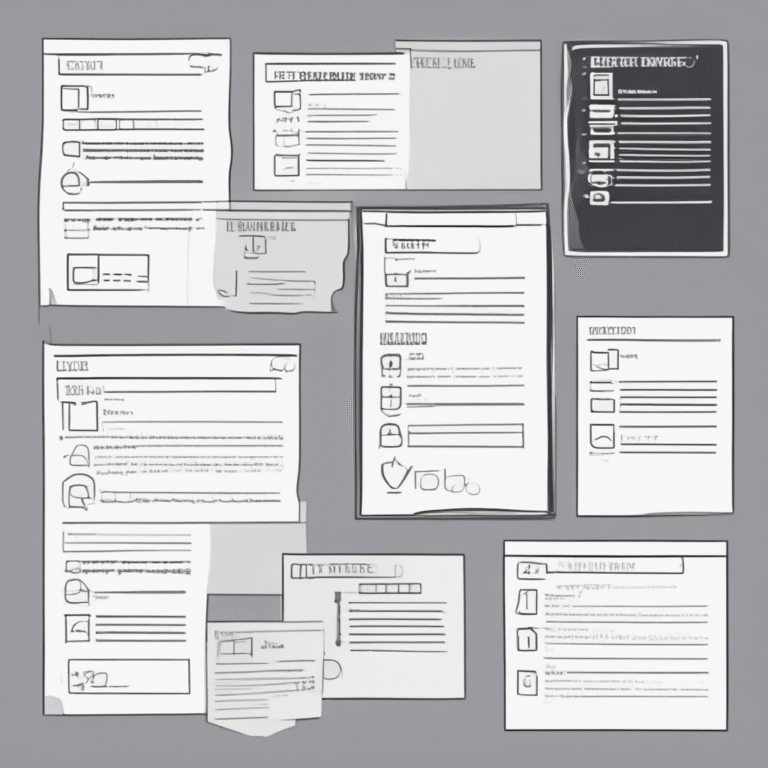Unlocking Compliance: The AI Act & Medical Devices
The EU Artificial Intelligence Act (AIA) represents a landmark development as the world’s first comprehensive AI law, poised to revolutionize the landscape of AI-enabled medical devices. This law introduces new regulations that will affect how these devices are developed, approved, and marketed within the European Union. For manufacturers, regulatory teams, and innovators, grasping the intricacies of the AIA is essential for ensuring both compliance and competitiveness in the EU market.
Webinar Overview
A webinar hosted by industry experts aims to elucidate the practical implications of the AIA. Participants will gain insights into the obligations imposed on AI developers, manufacturers, and deployers, as well as strategic considerations for legacy devices already in the market.
Key Discussion Points
- Key Definitions and Classification: Understanding the classification aspects for high-risk AI systems is crucial for compliance.
- Compliance Obligations: Manufacturers of AI-enabled medical devices will have specific obligations to meet under the new law.
- Practical Steps: Businesses must align with expectations regarding transparency, data governance, and human oversight.
- Certification Preparation: Organizations need to prepare for certification processes and interactions with notified bodies.
- Options for Legacy Devices: The AIA includes provisions for legacy devices, including potential grandfathering options.
Target Audience
This session is tailored for a diverse group of professionals operating within the medical technology and healthcare sectors, including:
- Medical device manufacturers and suppliers
- Regulatory and compliance leaders
- AI innovators and technology developers
- Legal, Compliance, and Regulatory Affairs professionals
- Hospitals and health systems deploying AI medical devices
Importance of Attendance
With the AIA officially in force, businesses looking to enter or operate in the EU market must adapt swiftly. This session provides critical knowledge and practical guidance, allowing organizations to position themselves for compliance while continuing to innovate confidently in the realm of AI-enabled healthcare.
Click here to register now and secure your place in preparing your business for the future of AI-enabled healthcare.









